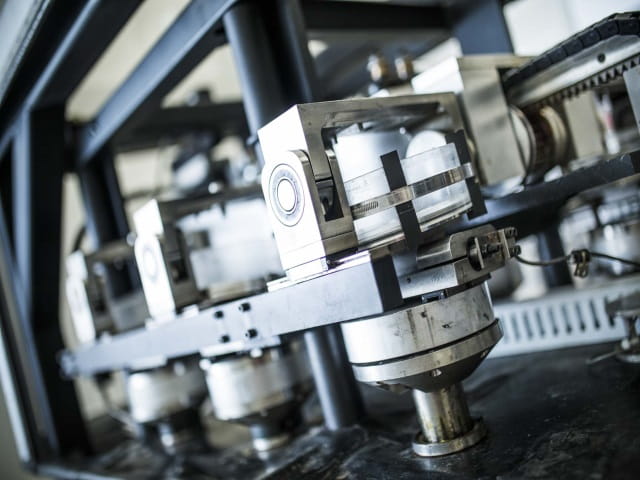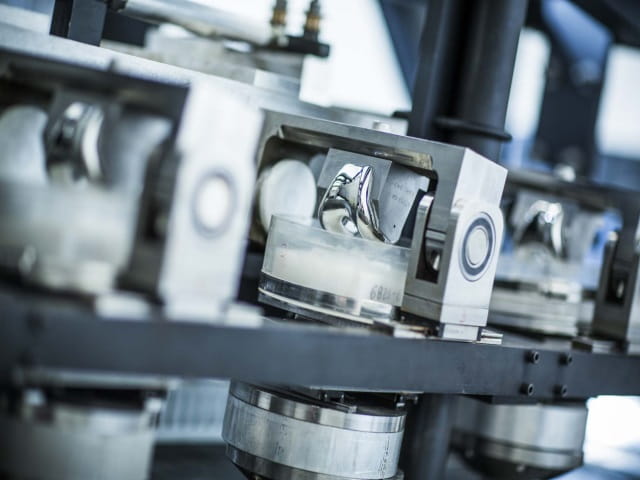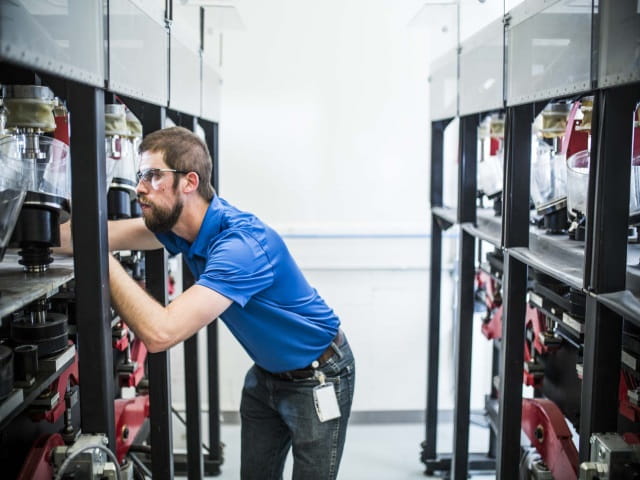From total knee prostheses to individual components, we offer a full suite of total knee replacement (TKR) testing services. Our experts have experience testing femurs, patellas, tibial trays and tibial bearings, and can assist with custom setups and challenging projects.
Element’s medical device testing labs perform a variety of mechanical testing services for total knee replacements (TKRs), including fatigue testing, wear testing and metallurgical evaluation for both bicondylar and unicondylar knees. We can assist in protocol development and design, feasibility studies and regulatory submissions for knee implants, and provide testing to many of the industry’s most used standards.
Our Knee Implant Testing Services
Element’s team of experts are uniquely situated to provide every stage of knee implant testing in-house, giving us greater oversight over the testing process and the ability to manage your project from start to finish. Our testing labs feature dedicated frames for knee implant testing, giving us greater capacity and competitive turnaround times.
Some of the services that we offer include:
- Fatigue Testing
- Wear Testing
- Range of Motion Testing
- Contact Pressure using TEKscan capabilities
- Bearing Interlocking Strength
- Constraint
- Particle Evaluation
For more information about our knee implant testing services, or to speak with an expert, contact us today.
Ready to request a quote?
Our deliverable is certainty - high quality data, test reports and certificates that you can absolutely rely on when making decisions about your materials and compliance. Engage with an expert today.
Other Product Qualification Testing Services
More from Element
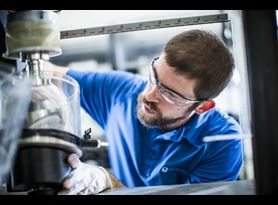
Element Cincinnati
Our Cincinnati laboratory is Element's global Center of Technical Excellence for medical device testing.

Maciej Jakucki
Maciej has over 10 years of experience in medical device testing and analysis for FDA 510(k) and CE submissions.
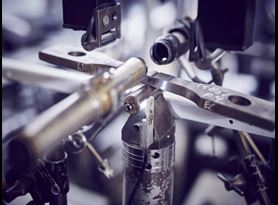
Stress-Strain Analysis
Element's stress-strain services cover a broad spectrum of material and component types

Resources
Discover blog posts, articles, white papers, webinars, and advice from our world-leading testing, inspection, and certification experts.

